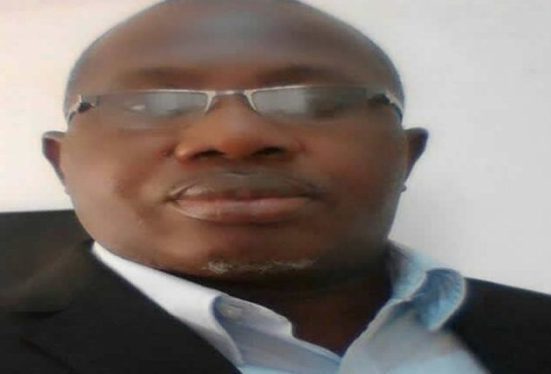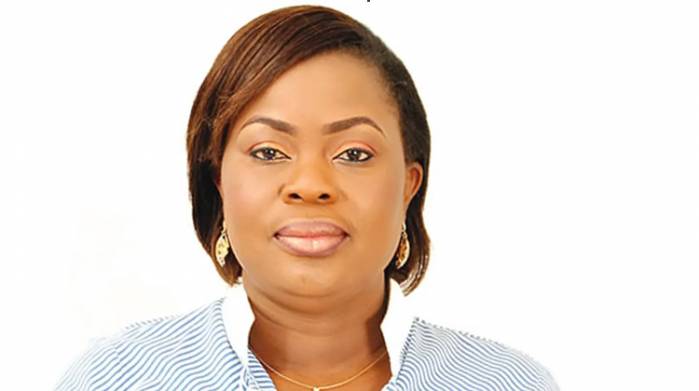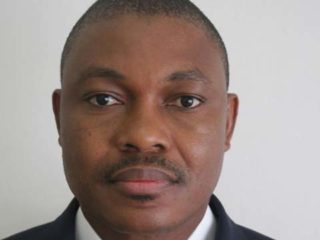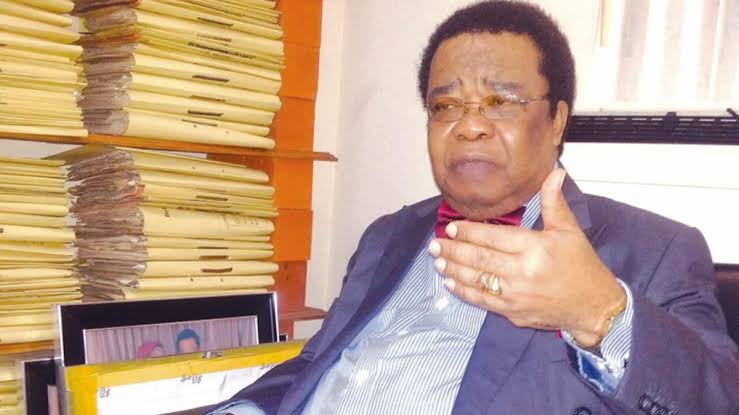It happened in 1992. Venue was the Dan Anyiam Stadium, Owerri. My mission was to cover a league game between Heartland [then known as Iwuanyanwu National] and Insurance of Benin.
The Owerri team was a galaxy of stars, known and unknown. Godwin Eke was a member of the Flying Eagles squad that won bronze at the USSR 1985 FIFA Under 20 championships. Chukwuma Nwoha won the maiden FIFA Under 17 tournament, China ’85 with the Golden Eaglets. He still has a street named after him for that.
Sunday Eboigbe’s Nations Cup debut earned him a silver at Maroc ’88.Mike Onyemachara returned with a silver from Saudi ’89. Etta Egbe was a seasoned Green Eagles fringe goalie. There were Isaac Semitoje who would later win gold with the Eagles at Tunisia ’94 and Emma Okocha, an Algiers ’90 silver medalist, whose younger sibling, Austin ‘Jay Jay’, became the first Nigerian to play in three consecutive World Cup finals.
Nwankwo Kanu, was largely unknown outside Owerri. There was another teenager, Ekenna Nnado. The dad, Isaac, a rugged defender, captained and coached the Eagles before becoming a Match Commissioner.
Amid these names, there was a Sierra Leone called Umar Kabia. He did not mean much to me. The Freetowner was not the only foreigner registered by Heartland for the season. Also part of the team were three Ghanaians, Haruna Wahab, Benjamin Sellas and Tanko Abubakar.
Insurance had skipper Rowland Ewere and youthful Wilson Oruma. The latter had a good day and it was obvious that he belonged to the future. That manifested the following year when he led Kanu and other Eaglets to win the FIFA Under 17 championships in Japan.
Heartland won the duel 2-0. Kabia, the import from Sierra Leone, got a brace. A marvel on the ball, it was what Owerri fans longed for. Their darling team had failed to earn a continental ticket for the first time in six years.
At the end of the match, I walked up to Kabia. I wanted to know more about the player who emerged from the blues to animate home fans. We got talking. It did not occur to me that I had set myself up for some serious trouble. As the interview progressed, I noticed a rabble around us.
Before I could scream ‘Siaka Stevens’, the crowd descended on me. I was kicked, punched, dragged. It was like Nollywood. I could not understand what was going on. I tried to fight back, at least, to escape from the crazy fanatics. They had the upper hand.
It took the shocking intervention of an Owerri based sports journalist, Tasie Theodore, to save my head. I heard him shout: ‘Chineke mee, owu kwa onye ke ayi’ [ God he is one of us]. It was like an order and the madness ceased.
I later got to know that the wild gathering thought I was a foreign agent who had come to negotiate a contract with Kabia. You cannot believe this. The reasoning was that Heartland’s plight was because their good players went overseas to play leaving the rest to struggle in the local league.
READ ALSO: Liverpool thrashes Newcastle United 4-0 to extend EPL lead
The fans forgot that when Heartland was founded in 1976 by Chief Jerry Enyeazu, there were two foreigners, Emiliano Momokobo from Equatorial Guinea and the Cameroonian, Lyongah Nangoh Davidson. Therefore there was nothing wrong in their favourite players looking elsewhere.
Kanu was going to prove this when he moved to Ajax Amsterdam in 1993. Today, he remains the most successful Nigerian player, after winning the African Footballer of the year twice. Kanu captained the Dream Team to Africa’s first Olympic soccer gold , in 1996.
Benjamin Sellas, the Ghanaian, also made history. He was coach of Ghana’s Under 20 team that beat Brazil to win the FIFA Under 20 Championships in 2009.
Not much was heard of Umar Kabia after he left the club at the end of the 1993 season. The Sierra Leonean reigned on that day. Kanu and Oruma became more popular all over the globe afterwards.











